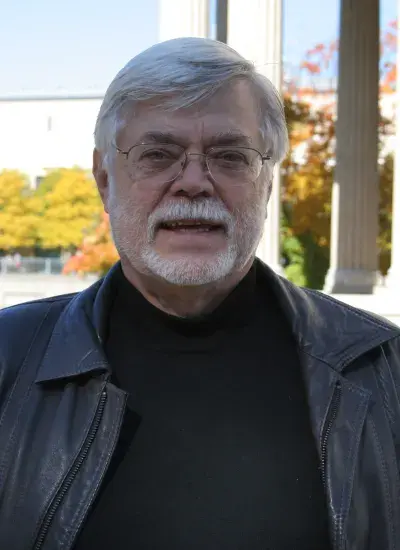Sustainability as a Matter of Systemics

Speaker
Harold Nelson
Nierenberg Distinguished Professor of Design, School of Design, Carnegie Mellon University
When
-
Where
Newell-Simon Hall 1305 (Michael Mauldin Auditorium)
Video
Video link
Description
There has been ongoing concern over issues of sustainability for the past several decades involving technologic development, resource consumption and waste production. The Club of Rome’s “The Limits to Growth” in 1972 made a controversial and contested claim concerning limits to economic growth and development with rising human populations. The threatened loss of natural resources and the increased toxic effects of pollution became the central concern for a nascent environmental movement triggered by the publication of Rachel Carson’s “Silent Spring” in 1962. An iconic photograph taken from the moon of an ‘earth rise” pointed out what was obvious from this new perspective. Humans were in the game together—inhabiting a small blue planet that constituted the entire life support system for all of life. From this vantage point it was clear that there was no ‘away’ to which they could throw their discards. Chernobyl’s nuclear meltdown demonstrated that there were no national containers for catastrophes, no political boundaries limiting global consequences. More recently, globalization has demonstrated the close proximity of everyone to everyone else, each sharing the other’s vulnerabilities.
This aggregation of concerns and insights has only slowly had any effect on human behavior in favor of greater sustainability. The possibility of influencing a substantial change in behavior leading to more sustainable human activity may be improved and hastened however by exploring compelling assertions about sustainability made from a systemics perspective—forming an argument for the necessity of focusing on systemic relationships and interrelationships rather than autonomy and reductive inquiry. This approach draws together pragmatic strategies for intervening in systemic entanglements and complex dynamic systems. Most importantly this approach focuses on the means for the discovery and maintenance of essential relationships in living systems and on the intentional creation of generative relationships in human systems—both approaches that ought to become more normative in academic inquiry and professional praxis.
Speaker's Bio
Dr. Harold Nelson is the 2009-2010 Nierenberg Distinguished Professor of Design in the School of Design at Carnegie Mellon University. He is an affiliated Associate Professor in Mechanical Engineering at the University of Washington and has recently worked in research for the NSF funded center for Learning in Informal and Formal Environments co-located at the University of Washington, Stanford University and SRI. He is a consultant in organizational systems design with his own firm. For over twelve years Dr. Nelson was the head of the Graduate Programs in Whole Systems Design (WSD) at Antioch University. He is a past-president and a trustee of the International Society for Systems Science and a member in the Design Research Society. He is the co-founding Director and President of the Advanced Design Institute. Dr. Nelson is a licensed architect in California.
In 2004, The Design Way: Intentional Change in an Unpredictable World; Foundations and Fundamentals of Design Competence, a book co-authored with Dr. Erik Stolterman, received the Outstanding Book of the Year award from the Division of Instructional Development of the Association for Educational Communications and Technology.
Speaker's Website
http://www.haroldnelson.com/index.htm
Host
Jodi Forlizzi

